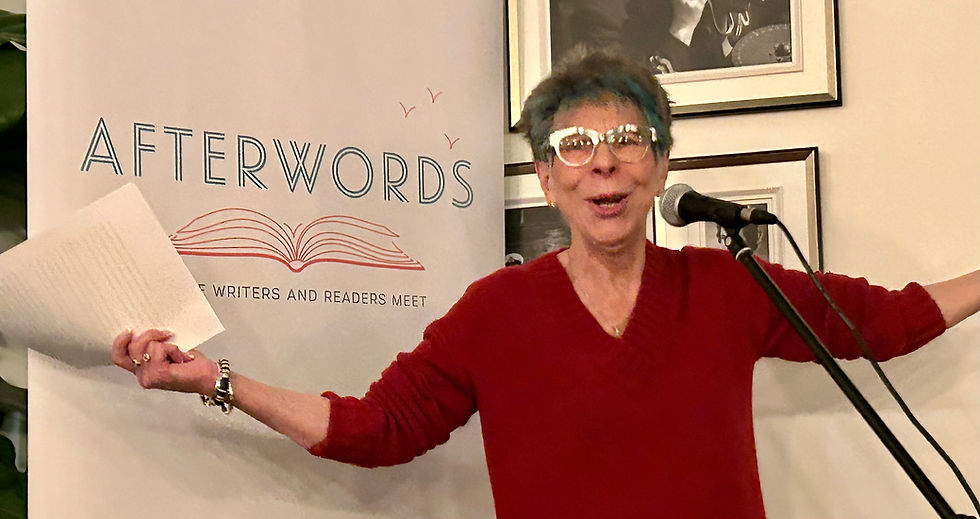The riddle of the Tsar's bodyguard
- Halina St James
- Sep 16, 2023
- 3 min read
Updated: Sep 17, 2023

My mother didn't tell me much about my grandparents. But she did say that my grandfather was a soldier in the army of Tsar Nicholas II in Russia.
I always assumed she was talking about my maternal grandfather, her father Sergei Brik.
But that made less and less sense to me, as I started researching our family history for my book, The Golden Daughter.
I could find no reference to Sergei being in the army. There was no hint of a military background in his letters to my mother. The only job I know for sure he had was in a woodcutters' collective working in a forest near his home in Vinnitsa, Ukraine.
I began to doubt my mother's story - until today.
Today I discovered that my grandfather was not just in the Russian army. He was actually a bodyguard to Tsar Nicholas, in the early years of that ill-fated soul's reign.
But it was not my mother's father who stood guard in the Kremlin between 1898 and 1902.
It was my grandfather on my father's side. The side my mother would never talk about.
Ignacy Zebrowski (pictured) was born in 1876 in Poland, at a time when it had been divided up between Russia, Austria and Prussia.
He studied at a Russian school and, at 22, was drafted into the army, becoming a bodyguard to Tsar Nicholas who was then only four years into his rule, and 20 years from his exile and execution by the Bolsheviks.
Ignacy's stint in the army ended in 1902. He returned to the village of Nienalty, married a local woman, Josefa, started farming and started a family.
Josefa had given birth to two children and was pregnant with Stanislaw - the man destined to become my father - when World War I started and Ignacy was called back to military service.
Ignacy's war was short-lived (an eerie parallel to what would happen to Stanislaw 30 years later).
Less than a month into the war, Ignacy's unit was routed by German troops. He managed to escape the carnage, fled back to Moscow, and worked in a post office until he could return to his home in 1918.
That was his first chance to see his new son, Stanislaw, my father. Five years later the family grew again, with the arrival of twin boys.
Stanislaw got a chance to see his father Ignacy become a popular and respected local mayor (like Ignacy's father before him) and successful farmer before it was his turn to taste military service, enlisting in the Polish Army in 1939 at the outbreak of World War II.
In his first battle, just like his father, Stanislaw's unit was overwhelmed by German forces. But unlike his father, Stanislaw wasn't able to escape. He spent the rest of the war in German POW camps. He met my mother in a Displaced Persons camp after the war, became a father, emigrated to Canada and split from my mother - all in the space of five years. He never saw his parents, my mother, or me, again.
As for my grandfather, family lore has it that he died of a broken heart. Josefa died in 1957, and Ignacy died just nine months later.
I am very grateful to a host of amateur genealogists for proving my mother's story to be true, and helping me solve the riddle of the Tsar's bodyguard.



How exciting for you to unearth this fascinating history of your family! Bravo Halina!
The stories are fascinating Halina. I love reading them.